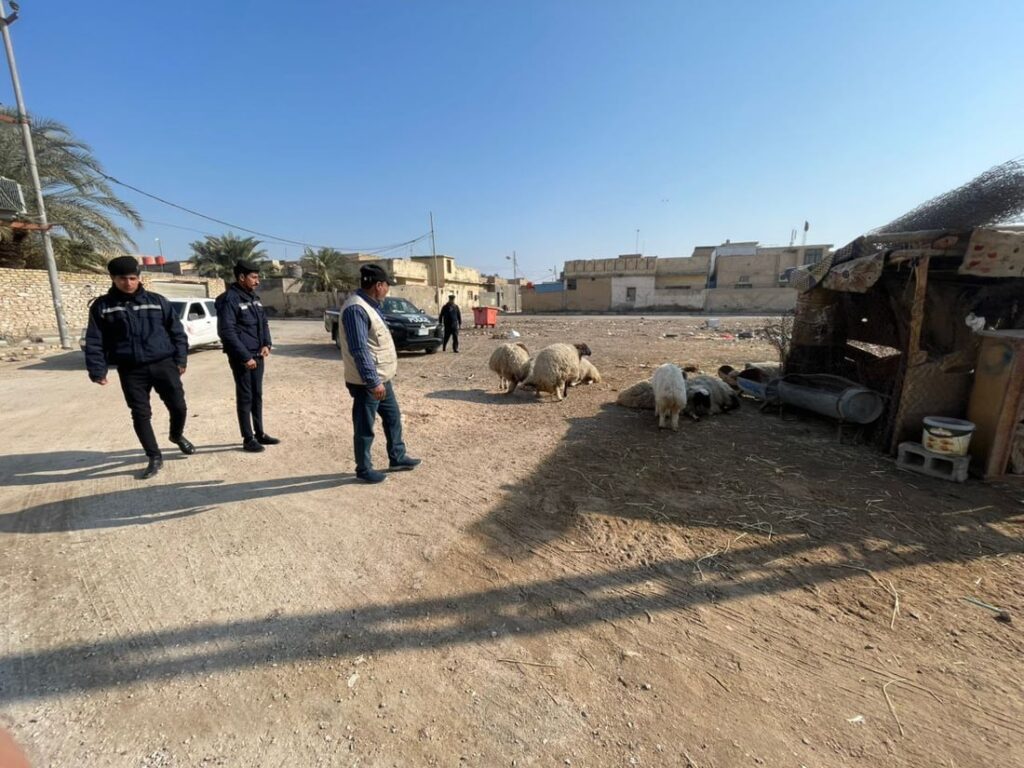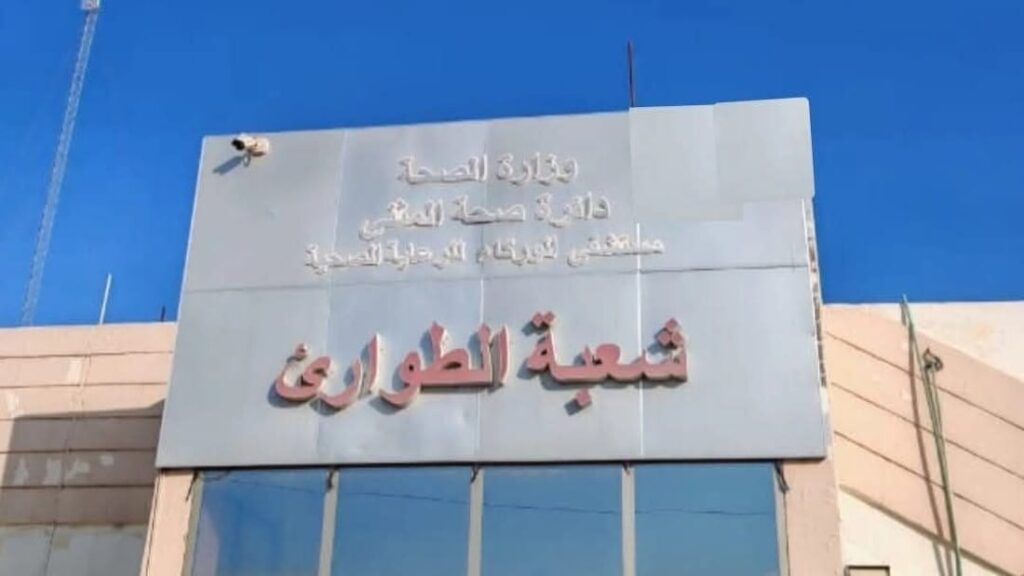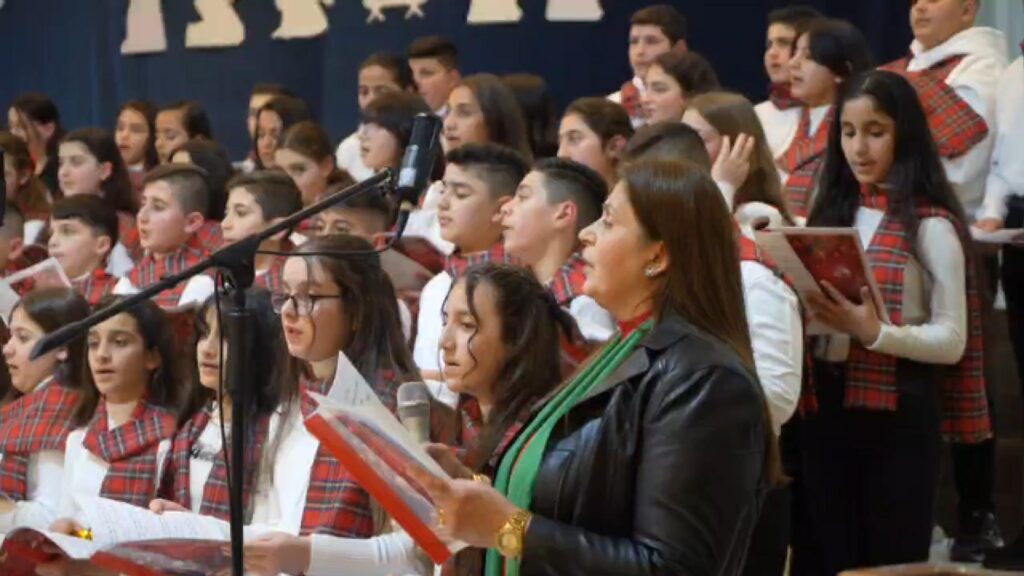Somalia: Children and Armed Conflict Monthly Update – February 2020

Recommendations to the Security Council
Somalia
Three parties to conflict are listed for grave violations in the annexes of Secretary-General’s (SG) 2019 annual report on children and armed conflict (CAAC), including Al-Shabaab which is listed for all five ‘trigger’ violations. In February, the SG will report on the implementation of Resolutions 2461 (2019) and 2472 (2019). UNSOM’s mandate is set to expire in March 2020, pursuant to SCR 2461 (2019). The SG’s most recent report (S/2019/884) documented 521 grave violations against children between August 5 and November 4, 2019. The Special Representative of the Secretary-General for Children and Armed Conflict (SRSG-CAAC) visited Somalia in October and witnessed the signature by the Minister of Defense of a Roadmap to accelerate the implementation of the 2012 action plans to end and prevent violations for which the Somali National Army is listed. On December 28, 2019, a bombing in Mogadishu – for which Al-Shabaab has claimed credit – left almost 90 killed and 140 injured, including children and university students. The Security Council should:
- Condemn all grave violations committed against children, in particular, the continued high numbers of child recruitment and use, abductions, and sexual violence;
- Demand that all parties to conflict uphold their obligations under international humanitarian law (IHL) and human rights law, and take all possible measures to protect children and other civilians;
- Call on the Government to swiftly implement the Roadmap to accelerate implementation of its 2012 action plans to end and prevent the recruitment and use of children and the killing and maiming of children;
- Urge the Government to ensure that armed groups or militia integrating into its security forces are screened, especially Ahl al-Sunna wal-Jama’a (ASWJ), and any potentially associated children are identified, released, and reintegrated in line with international standards and ensuring the best interest of the child;
- Urge the Government to end the detention of children for real or alleged association with Al-Shabaab in line with the 2014 Standard Operating Procedure on the handover of children to child protection actors and its commitments to the Paris Principles.
THE UNITED KINGDOM IS THE LEAD COUNTRY ON SOMALIA.
Recommendations to the Working Group
Central African Republic (CAR)
In October, the Working Group received the SG’s fourth report on children and armed conflict in CAR. Negotiations began in December and are ongoing. For targeted recommendations, see Watchlist’s January 2020 CAC Monthly Update.
Colombia
In January, the Working Group received the SG’s fourth report on children and armed conflict in Colombia (S/2019/1017), covering the period from July 1, 2016 to June 30, 2019. During this period, the Country Task Force (CTFMR) verified 850 grave violations against children, a notable decrease as compared with the previous reporting period, attributed in part to the signing of a peace agreement in 2016. However, delays in implementation of the agreement and the transformation of the conflict – including the strengthening and resurgence of armed groups in areas of the country – have led to grave violations of children’s rights. Recruitment and use of children, in particular by the Ejército de Liberación Nacional (ELN) and dissident groups of the Fuerzas Armadas Revolucionarias de Colombia-Ejército del Pueblo (FARC-EP), was the most prominent grave violation verified. Yet there is significant evidence of underreporting of child recruitment, as local experts told Human Rights Watch in a recent report. The Working Group should:
- Demand that all armed groups, in particular the ELN and FARC-EP dissidents, immediately release all children under 18 years old from their ranks and end all child recruitment and abductions;
- Call upon all parties, including State and non-State armed actors, to abide by their obligations under human rights law and IHL, including the principles of distinction and proportionality, and to take measures to protect children during military operations;
- Urge the Government to continue to strengthen prevention efforts, particularly to prevent the recruitment and use of both Colombian and Venezuelan children, including those from indigenous and Afro-Colombian communities; prevention programs should be adequately resourced, especially at the local level, to respond to individual cases in line with the best interests of the child;
- Welcoming progress on transitional justice, including the opening of case 007 by the Special Jurisdiction for Peace in March 2019, remind the Government of its obligation to ensure the protection of victims and witnesses, including children formerly associated with armed groups and their families and communities;
- Urge the Government to strengthen the institutions of the Comprehensive System of Truth, Justice, Reparation, and Non-Repetition, taking into account the individual needs of child and youth victims and ensuring their access not only to financial reparations, but also to psychosocial support, livelihoods, education, family reunification, and land restitution.
Iraq
In January, the Working Group received the SG’s third report on children and armed conflict in Iraq (S/2019/984), covering the period from July 1, 2015 to July 31, 2019. During the reporting period, the CTFMR verified 2,114 grave violations against children encompassing all six grave violations. A majority of verified child casualties, recruitment and use, rape and other forms of sexual violence, and abductions were attributed to extreme violence perpetrated by the Islamic State in Iraq and the Levant (ISIL), potentially constituting war crimes or crimes against humanity. Credible reports of large numbers of additional violations that were unable to be verified were noted in the report, including recruitment and use, killing and maiming, rape and other forms of sexual violence, and abductions as well as high numbers of attacks on schools and hospitals (260). As of June 2019, at least 778 children remain in detention on national security-related charges. Children with alleged links to ISIL, including children of foreign origin, remain detained with limited access to basic humanitarian services or due process, and are vulnerable to exploitation and abuse. The Working Group should:
- Strongly condemn all grave violations committed against children in Iraq, in particular the abhorrent and extreme violations committed by ISIL, which may constitute crimes against humanity or war crimes; and urge all parties to comply with their obligations under IHL and human rights law, including the prohibition of torture, and to take all measures necessary to immediately end and prevent violations;
- Urge the Government to swiftly sign and implement an action plan to end and prevent the recruitment and use of children by the Popular Mobilization Forces (PMF), as well as to strengthen rehabilitation and reintegration, and adopt a comprehensive child rights law criminalizing the child recruitment and use;
- Further urge the Government to remove administrative barriers hindering the delivery of humanitarian aid to all children and other civilians in need, including by resuming to grant access letters to humanitarian actors and ensuring unimpeded enforcement by local authorities of national procedures to authorize access for humanitarian aid delivery;
- Call for continued efforts to hold perpetrators of grave violations accountable, in particular for war crimes and crimes against humanity;
- Remind all parties that children – including those with actual or alleged association with ISIL – should be considered primarily as victims, entitled to full protection of their rights, and urge the Government to develop and prioritize alternatives to detention whenever possible, ensuring the best interests of the child, in accordance with juvenile justice standards;
- Call on all Member States to facilitate the return of their child nationals held in Iraq for actual or alleged affiliation with ISIL; provide reintegration support in line with international standards and ensuring the best interests of the child.



